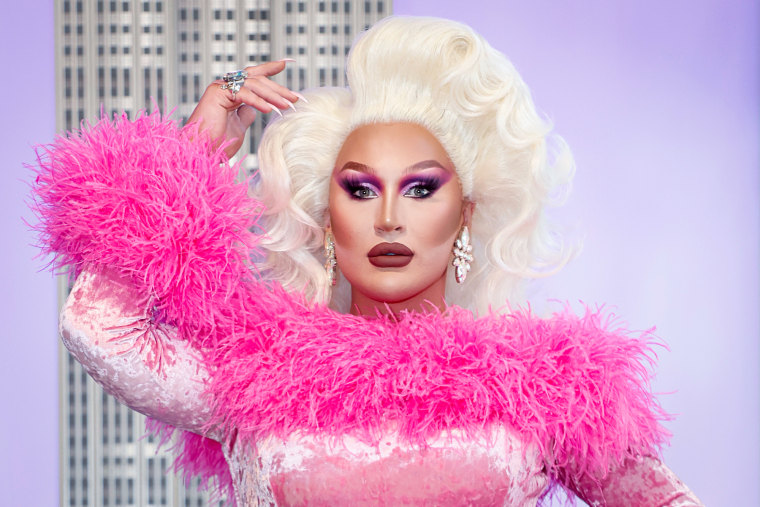“Chilling Coincidence: 5 Famous Drag Queens All Died from the Same Cause?”
In the glittering, high-octane world of drag performance, untimely deaths are tragically not unheard of. But fans and insiders are beginning to whisper about a disturbing pattern: five well-known drag queens, all with substantial followings and successful careers, have died in recent years — and each under eerily similar circumstances.

While none of these deaths were initially linked, a closer look raises unsettling questions. The queens — who performed in the UK and the US, including alumni from RuPaul’s Drag Race and other popular circuits — reportedly died from complications related to mental health struggles, accidental overdoses, or “undisclosed illnesses.” In each case, official statements were vague, and autopsy details were either sealed or left unpublicized.
What connects them?
Though the names are being withheld out of respect, sources close to the drag community point to overlapping timelines, similar social media behavior in the weeks before their deaths, and shared experiences of burnout, cyberbullying, and mental health issues exacerbated by fame. All five had, at various points, spoken about the psychological toll of life after reality TV — sudden fame, erratic work schedules, and the pressure to maintain a “brand.”
“People see the sequins and assume it’s all joy,” said a fellow queen who performed alongside two of the late entertainers. “But many of us are fighting private battles.”
One especially haunting similarity is that each queen had posted cryptic or emotionally raw messages shortly before their passing — either on Twitter, Instagram, or in interviews. None explicitly indicated self-harm, but some fans now say the signs were there.
“It’s the silence that speaks volumes,” commented one Reddit user, in a thread analyzing the final days of one performer. “They were all exhausted, overbooked, and under-supported.”
While social media users speculate about a “curse” or systemic neglect within the drag industry, experts warn against oversimplification. “These cases are heartbreaking, but they reflect broader mental health crises among performers and public figures,” said Dr. Lena Cho, a psychologist who works with LGBTQ+ clients. “It’s not a conspiracy — it’s a call for better support structures.”
Yet fans can’t shake the unease. That five prominent drag queens — vibrant, young, and seemingly successful — would die under such parallel conditions feels like more than coincidence. Whether from prescription misuse, untreated depression, or the crushing weight of expectations, the cause may not be identical in medical terms — but emotionally, it might be.
One tribute, shared widely on social media this week, simply read:
“We lost five stars. But maybe they were all trying to shine in a world too dark for them.”
As the drag community gathers to honor their memories, some are also beginning to organize. Calls for mental health hotlines specifically tailored for performers, backstage wellness resources at drag events, and more transparency from agencies and showrunners are growing louder.
Grief may have sparked the conversation, but many hope it can lead to lasting change — and prevent another tragic pattern.




